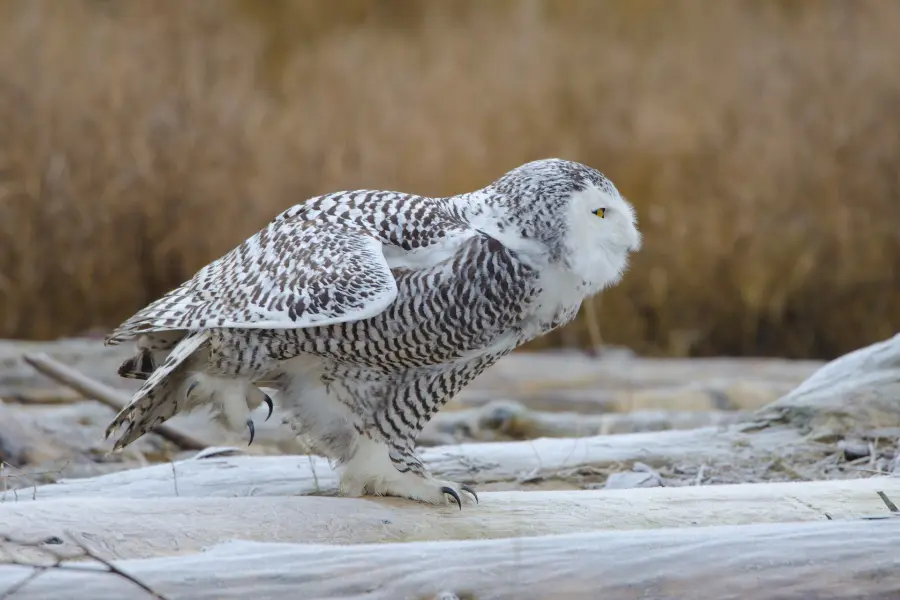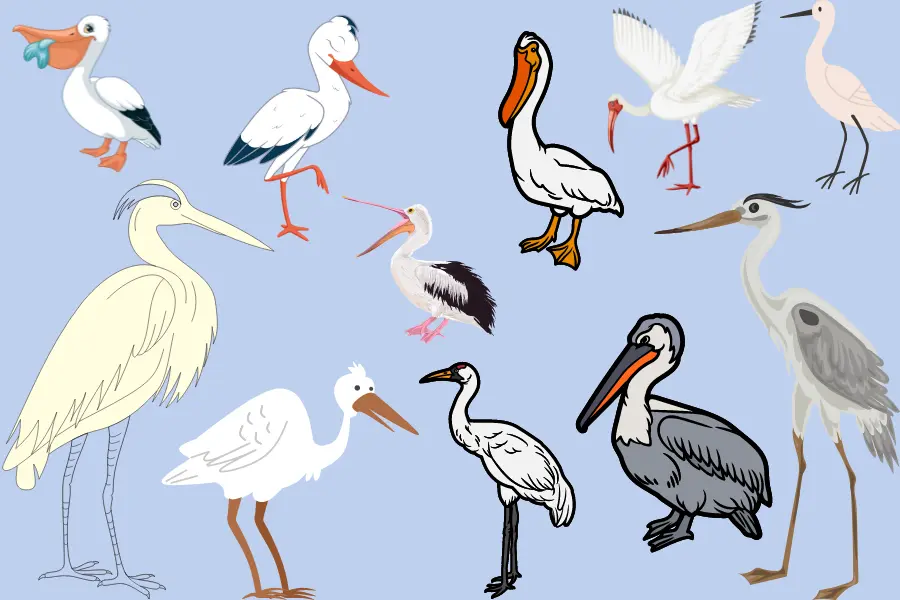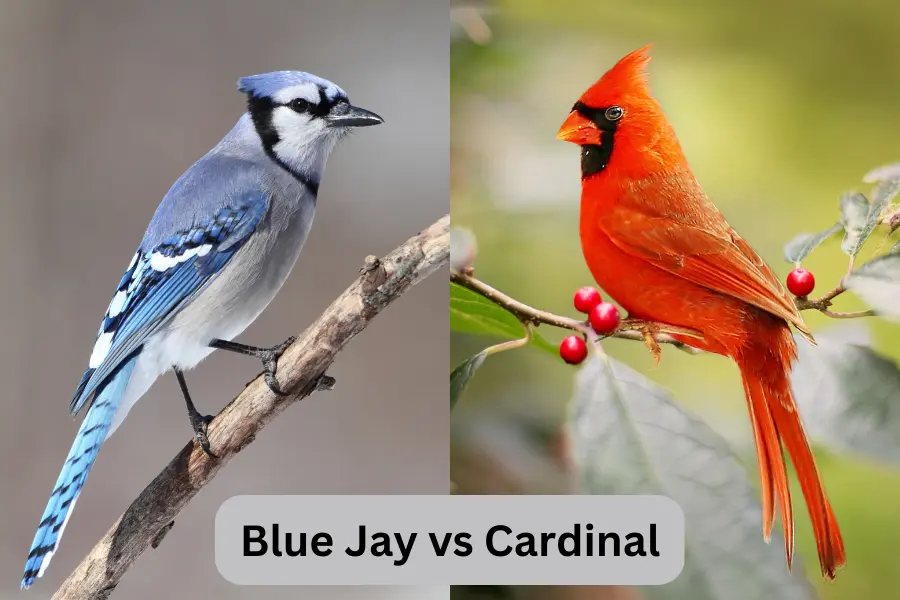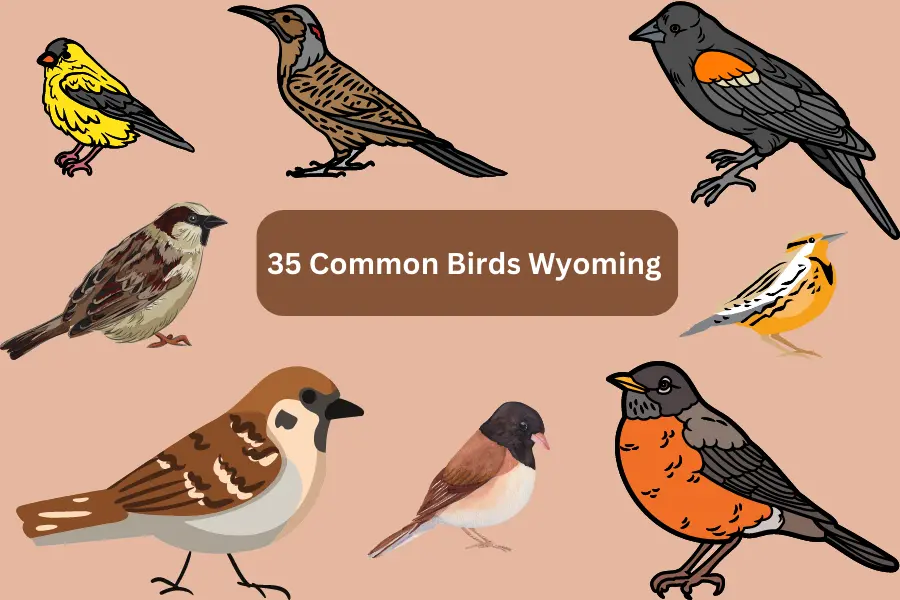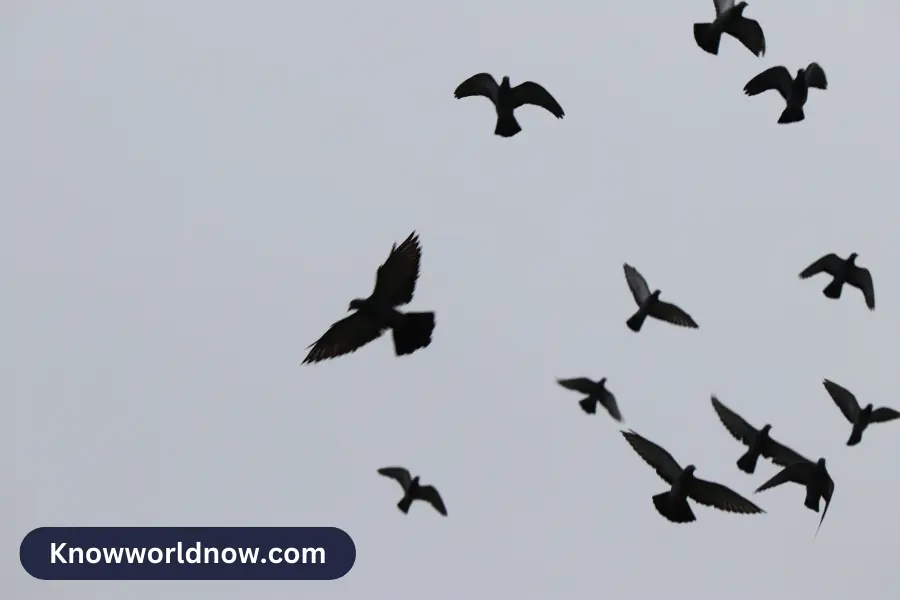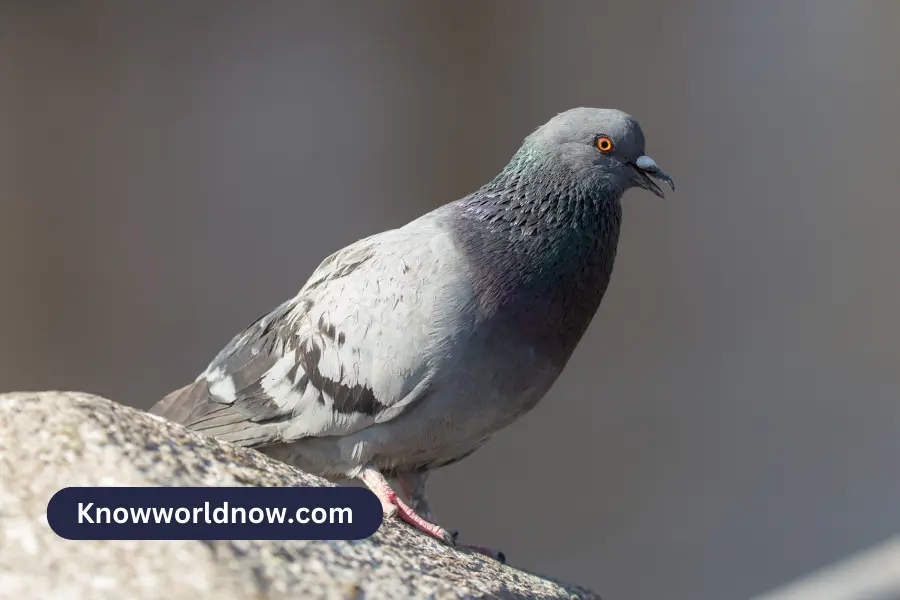Owls are phenomenal birds. They are stunning and fascinating for several reasons. They can adapt to survive in any environment. There are many interesting aspects of them and they have been used in literature and movies many times.
However, you must have noticed that the owls that live in your backyard disappear during the winter. What happens to them? Do owls hibernate or migrate? Or, do these mysterious birds fail to survive in winter?
Well, these are some common questions regarding owls. Whether you are an owl enthusiast or simply curious about these intriguing birds, read on to learn more about the winter habits of owls.
Do Owls Hibernate?
Hibernation refers to a state of reduced metabolic activity. Many animals, including birds, go into hibernation to survive in adverse environments. Birds usually hibernate in the winter. So, do owls hibernate also?
The answer is no. No matter which country they live in, Owls do not hibernate. And they are found in almost every country except for Antarctica. Now the question is, if they do not hibernate, what do they do to survive?
Owls do not need to hibernate as their bodies are uniquely adapted to survive harsh temperatures. It makes it easy for them to adapt to the cold environment. They can adapt to the environment so easily that they can also hunt down prey even when it’s raining.
Do Owls Estivate?
Estivation is the opposite of hibernation. While hibernation refers to reduced metabolism and going dormant in winter, estivation means the same thing but in summer. Many people wrongly claim that Owls estivate during the warmer seasons. They do not need to actually.
Their breathing habits help them in the drier seasons, besides their thick plumage also helps them survive the hot weather. They simply take place in a shady place and often take a bath if needed. They are naturally built to adapt quickly to both cold and hot weather.
Even if the temperature gets hotter than usual, they can adapt. Some species have bare skin patches on their legs that can release heat, and they may also pant to help dissipate heat.
Do Owls Migrate?
Animals, including birds, often move from one place to another for the purpose of surviving. You must have heard the term “guest bird.” Usually, when winter comes, birds move to a comparatively warm place to survive.
Owls usually do not need to migrate as they can adapt to the environment. Most migratory birds actually have an innate instinct to migrate, but Owls don’t have it. Nonetheless, some species of Owls change their location during the winter.
When Owls move to another place, it is mostly not because of the temperature. Instead, they usually move due to a lack of food in the area. Therefore, they move to newer places so that they can hunt abundant prey. It is not called migration, though. It is an irruption.
However, there are some species of Owls such as Short-eared owls, Great horned owls, etc., who migrate. Again, these birds do not migrate due to the cold weather, instead, they usually migrate for the following reasons:
1. Habitat Loss
One major reason for Owls to migrate is the loss or damage to their current habitat. As deforestation has become a common problem, birds like Owls often have to change their places to survive.
2. Breeding
Some Owls do not breed where they usually live. Instead, they will go to other places where there is an abundance of food. They do it to avoid competition with other Owls.
3. Population Density
You might have noticed that the Owl population in your backyard or area hardly increases. It is because Owls do not want to create a large colony. When their population in a particular area increases, some of them will migrate to other places to keep a balance in population and food.
4. Food Problem
Many Owls move to newer places because of the scarcity of food. Besides, they need to migrate to newer places if their prey goes to hibernate in the winter and cannot find other options. In that case, they look for a better place where food is abundant.
People also love to read:
How Do Owls Survive in Winter?
If Owls do not hibernate, nor do they migrate, then how do they survive? Owls are genetically prepared to adapt to changes in nature. They survive the winter by adaptation, territorial familiarity, conserving energy, and changing their activity patterns.
1. Adaptation
Adaptability is Owl’s primary strength to survive the winter. They have a genetic advantage that helps them survive in extremely adverse conditions. Since they have to hunt or look for goods at night, they have to deal with the condition in different ways.
So how do they adapt to the change in the weather? Let’s find out:
a. Unique Feathers
Being a human being, you have the advantage of adding a layer to your outfit during the winter. But birds do not have that advantage. They cannot add extra fat to their body as it will be difficult to fly. What do they do then? Well, birds like Owls add an extra layer themselves by producing more feathers during the fall.
These extra feathers are short and soft that is used to trap a lovely warm layer of air around the body. Because of this extra layer of feathers under their main layer, they can naturally keep themselves warm during the winter.
b. Their Feet are Special
You may wonder if they produce an extra layer of feathers in their body to protect themselves from the cold, but what happened to their feet? Their feet are not covered with thick feathers. How do their feet not get frostbitten?
They have a special blood flow system in their legs and feet. It protects their feet from cold damage. If you get to touch an Owl’s feet, you will feel that their feet are cold. However, the outer skin of their feet does not affect them as much as humans.
Owls have very few pain receptors in their legs. Hence, they do not suffer from frostbite. Besides, they are blessed with a counter-current system that helps them feel warm.
The cold blood that rises up to the upper body gets warmer and warmer blood from the upper body reaches the lower leg. This process constantly happens in their body and so the temperature change does not have much effect on their feet.
c. They Have Special Ears
Perhaps everything about this bird is special. They have a good sense of hearing. Have you ever closely noticed their ears? One ear is placed slightly higher than the other. Besides, their facial disks help sound get aimed into their ears.
All these bodily benefits help them have a sharp hearing ability. They can hear clearly the movement of their prey even one foot under the snow. Therefore, they face no difficulty in hunting their prey in winter.
2. Territorial Familiarity
Sometimes having a strong metabolism that helps adaptation is not enough to survive the extreme condition. Owls migrate to other places sometimes to protect themselves from extreme cold.
Owls have intelligent brain that helps them survive. They can store the knowledge of their territorial familiarity. Every Owl is familiar with its territory. Owls that migrate can return to the exact same spot every winter. They do not forget their paths.
Besides, knowing the territory well also helps them in hunting. They know where they will find their food and so are ready beforehand. Like most birds, they do not migrate to an unknown place every year.
3. Saving Energy
If any Owl visits your backyard in winter, you will notice that they are sitting in one place for a long time. It can be a tree branch or the roof of your house. Don’t think that they are just sitting idly.
They are actually observing the territory. It is their way of saving energy. During the warmer seasons, they will fly around and look for prey. However, in winter, they do not do the same. Instead, they sit in one place and observe everything with full attention and plan their hunting.
Thus, Owls save their energy in winter by limiting their flight. So, even if there is a scarcity of food, they can survive. In addition, reducing flight time also lets them use their energy to produce heat.
4. Changing Activity
Owls are popularly known as nocturnal birds, which means they are more active at night. During the summer, you will hardly see them hunting during the day. However, they change their hunting pattern in winter.
They often prefer to hunt during the day as the temperature is slightly warmer at day time. It helps them save energy at night and keep themselves warm. Nonetheless, it does not mean that they completely avoid hunting at night.
Conclusion
So, do Owls hibernate? You already know that the answer is a big no. These birds are naturally blessed to cope with any weather. They do not need to go into hibernation, migration, or estivation.
Frequently Asked Questions
Do Owls Save Food for Winter?
No, Owls do not store food for winter. This is because they can continue their hunting during the winter. They have a sharp hearing ability and can move silently. Their prey cannot understand their approach. Besides, they are at the top of their food chain, which gives them an extra advantage.
How Much Cold Can An Owl Survive?
Because of their extra layer of feathers, Owls can survive cold weather comfortably. Their ability to deal with cold weather varies from species to species. The snowy Owl is known to survive the coldest weather. They can survive in Arctic conditions and can survive up to -68 degrees Fahrenheit.
Are Owls Warm-Blooded?
Yes, they are warm-blooded. It means they do not have to rely on the outer temperature to maintain their body temperature. They can maintain the warmth internally.
Can Owls Live in the Desert?
You will find many desert species of Owls that live in the high temperature comfortably. Their body structure and metabolism help them adapt to the hot weather.

